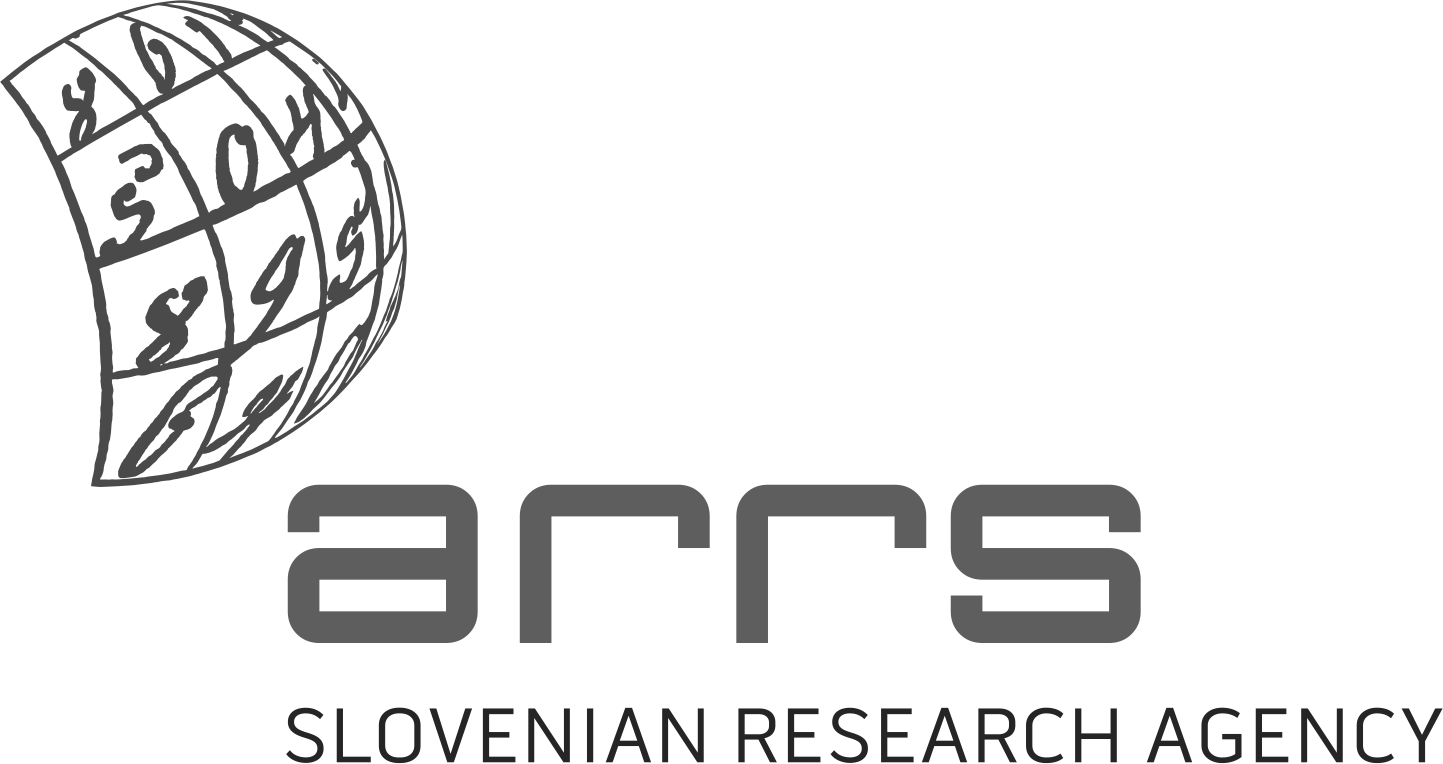Plastics are an important class of materials, bringing many social and economic benefits. Global production of plastics reached 380 million tons in 2018 (a 20-fold increase since the 1960s) and its further growth is expected. Due to the long decomposition time and low recycling rates, large quantities of plastics are accumulated in the natural environments and landfills. Less than 30% of such waste is collected for recycling, where majority of it comes as a single use origin. This issue of disposable plastic products leads to extensive usage of mostly fossil-based raw materials and a large amount of plastic waste, which causes severe environmental damage, impact on human health and wildlife and economic loss.
We need more research to improve our understanding of the source and impact of plastic materials, formation of micro and nano plastics, and their impact on the environment. We need to provide theoretical support for the sustainable and circular design and management of various plastic value chains. The COVID-19 pandemic has impacted the entire world, leaving significant consequences. One such serious problem is the pollution caused by plastic waste - face masks and packaging waste.
The project aims to minimize the negative impacts and maximize the economic value of plastic use through an economically and ecologically optimal increase in the circularity and overall plastic value chains. The degrees of freedom to be exploited include Industrial Symbiosis, and material, and chemical recycling.
The performance criteria to be used include environmental, economic, social and energy dimensions. The project focus on at least two plastics types: at least one thermoplastic and one thermoset plastic material. We focus on widely used type of plastics and specialized industrial plastics. Although various biodegradable and alternative plastics are used, their value chains, degradation processes and environmental impacts have not yet been clarified. A comparative analysis will be performed for different plastic value chains and compared with their alternatives.




